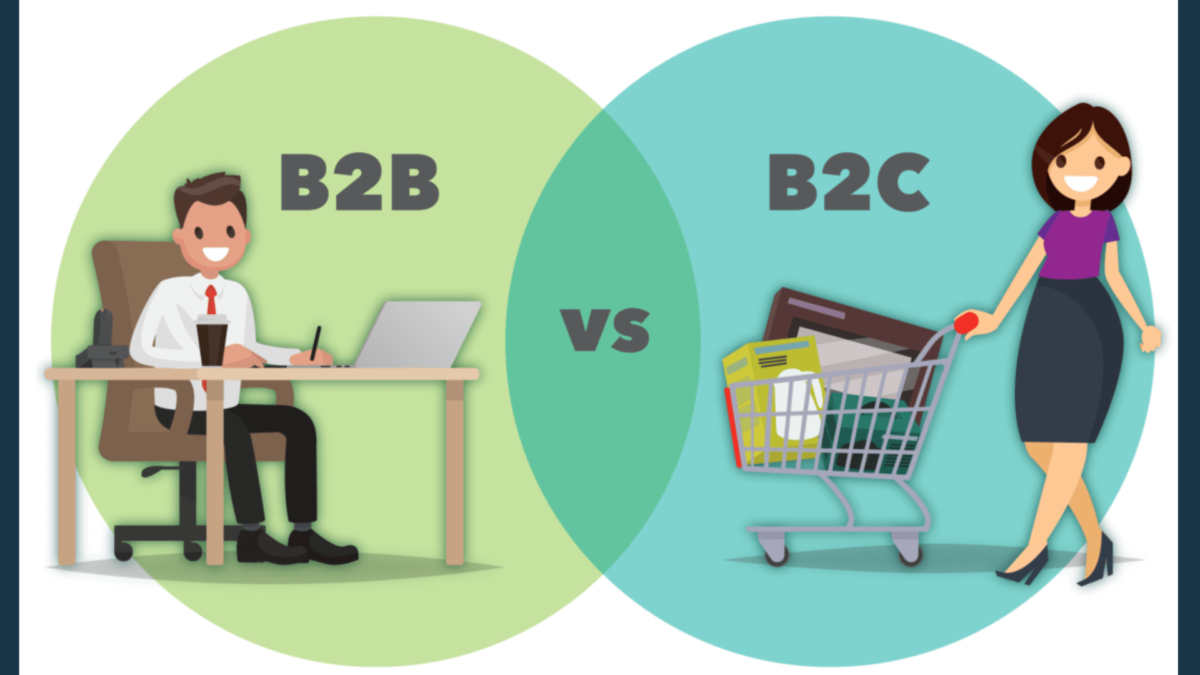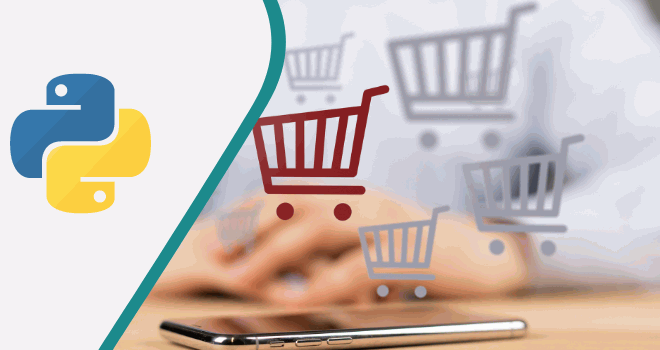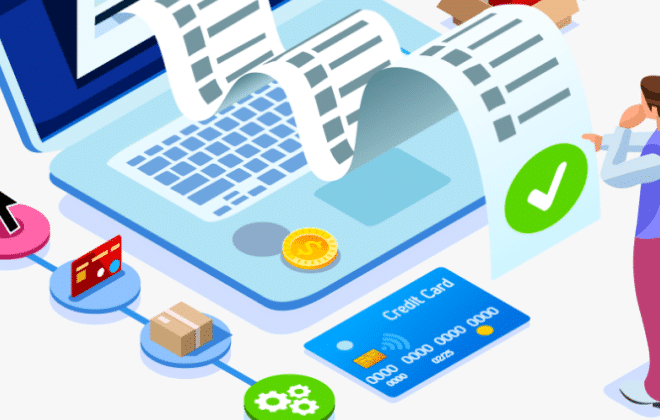
B2B ecommerce development vs B2C ecommerce app development: A comparison
With an increasing number of online shoppers, e-commerce development has witnessed a massive upsurge in recent times. From consumer durable companies to clothing retailers, everyone has recognized the opportunities that can be cashed upon with simple ecommerce website development.
It is true that B2B slacked in adapting to e-commerce. But companies are now rigorously turning towards the digital medium to connect with potential corporate customers & increase their sales. A survey by Forrester found out that 96% of B2B buyers prefer to do online business with manufacturers & distributors. With B2B e-commerce web development in action, the horizon for augmenting sales & reaching global customers has now expanded drastically even for small & local businesses.
Difference between B2B ecommerce development and B2C ecommerce store development
Even though both are similar in terms of online shopping, some key differences set each one apart. While B2B focuses only on businesses, B2C is a purely customer based segment. It is clear that both of them make purchase decisions due to a variety of reasons. This is a primary factor in ecommerce store development for both the segments as each one will have different functionality based on the expectations & reasons for the purchase of their segments.
- Order Frequency B2c ecommerce stores play the game on selling to a mass customer base that doesn’t have any guarantee of placing another order. In contrast, B2B ecommerce stores need to be developed in a way that allows companies to take recurring orders from the same client.
- Product Involvement It is crucial to note that often times the B2B segment comprises of complex products that require detail information before the purchase can be made. The B2C custom ecommerce development is as easy as a breeze because the products are simple and the customer quickly makes a purchase decision without the need for delving into details.
- Pricing Options At a B2C ecommerce store, the customers can view the prices of different products and calculate the final amount to be paid by visiting the checkout page. On the other hand, B2B ecommerce involves a subscription or log in to the portal/ website before the client can see the actual price of the product.
- Integration with ERP The B2B ecommerce web development requires additional functionality in the form of integration with the company’s internal ERP system. This allows them to process large orders of clients, delivery schedules & pricing. In the B2B environment, stores are less often integrated with ERP systems due to the high turnover rates of customers.
- Payment Structure Even though B2B companies are playing the online shopping game, the rules for payment haven’t totally changed. The e-commerce store needs to provide the option of generating an invoice or credit to the B2B client whereas B2C customers can pay directly at the time of purchase via a plethora of payment options.
While setting up an online ecommerce store, it is essential to understand the audience that you’re serving. Clearing up the entire requirements with your ecommerce development company in advance will help you generate better revenues as the customers & clients will be served easily according to their needs.
Click here for more blogs…
At BoTree Technologies, we build enterprise applications with our eCommerce team of 10+ engineers.
We also specialize in Python, RPA, AI, Django, JavaScript and ReactJS.




